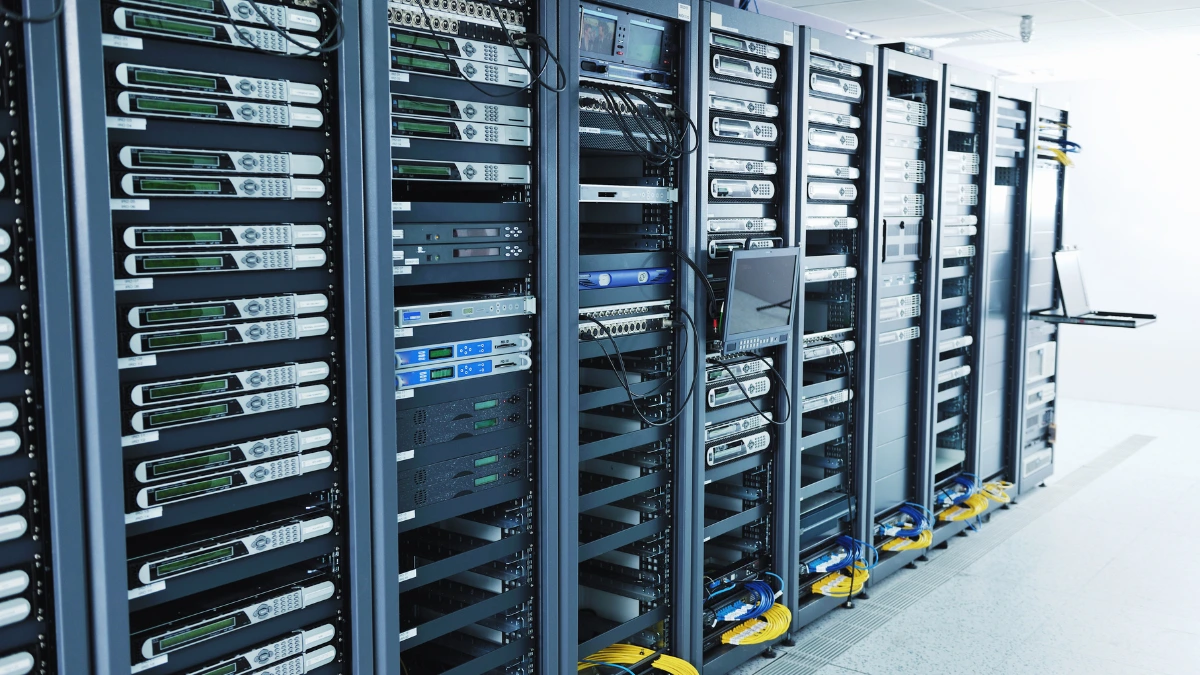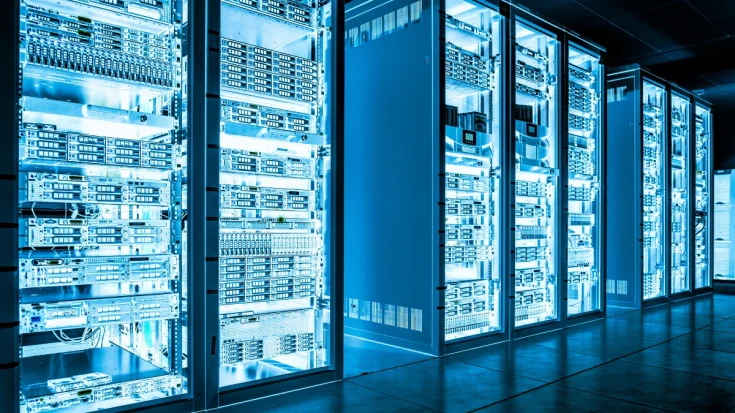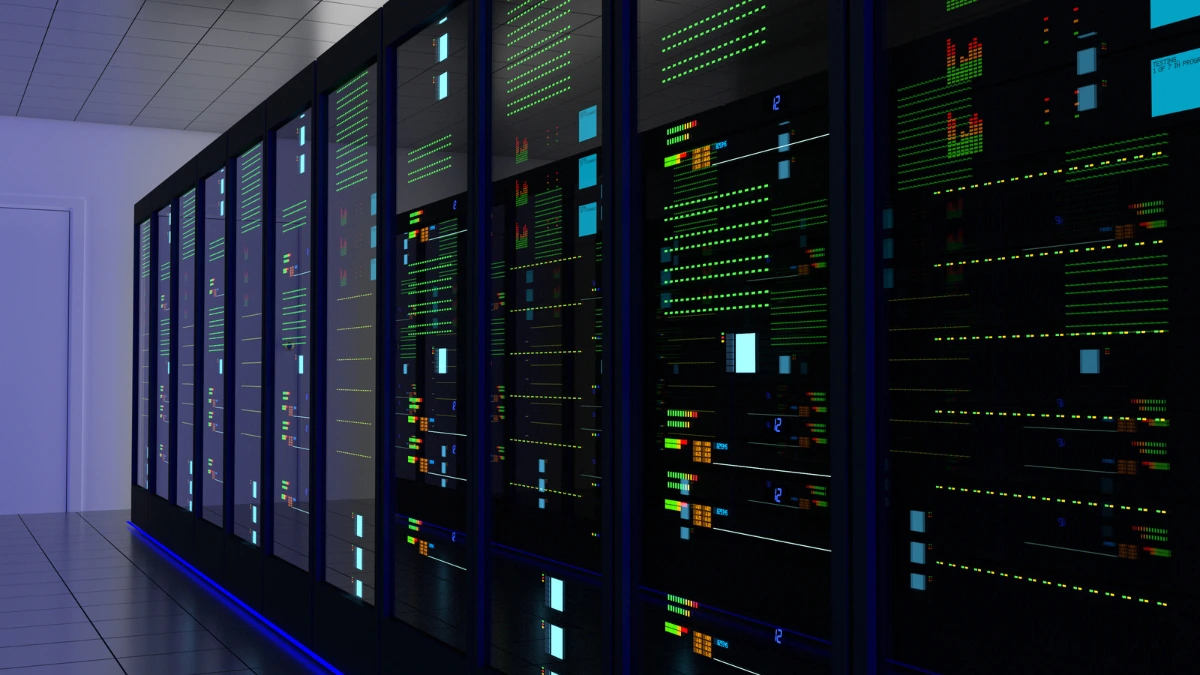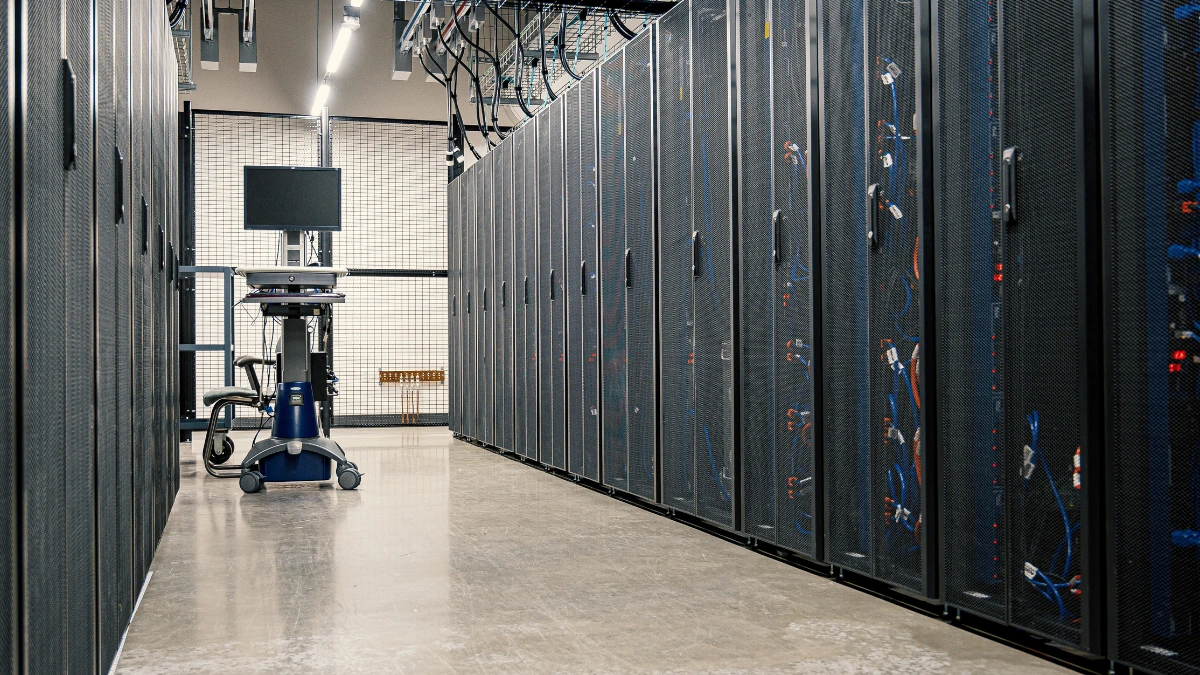A server provides many benefits, especially the ability to provide a digital service center to other computer devices connected through a network. However, the advantages and disadvantages of server cannot be easily separated, even though the benefits are evident.
The advantages and disadvantages of server include efficient troubleshooting and management, high scalability, and centralized data security, while the disadvantages include vulnerability to attacks, dependence on the server, and technical expertise.
This article will inform you about some of the advantages and disadvantages of server that you can consider.
The Advantages and Disadvantages of Server

Like any other technology, a server has several advantages that can be utilized and disadvantages to consider. The advantages of the server include efficient troubleshooting and management, high scalability, and centralized data security, while the disadvantages include vulnerability to attacks, dependence on the server, and technical expertise. Here are the advantages and disadvantages of server:
The Advantages of a Server

Here are some advantages of a server:
1. Efficient troubleshooting and management
One of the advantages of servers is more efficient troubleshooting and management. With a centralized source, the device is able to facilitate monitoring and fixing problems in the network more efficiently.
2. High scalability
High scalability is another advantage of servers. Data storage and processing capacity can be easily increased according to your business needs.
3. Resource sharing
With a server, devices in the network can easily share centralized resources. So files and applications can be shared efficiently with multiple users.
4. Centralized data security
Another advantage of the server is the centralized security system. Centralized data storage can allow for better control and security, as it is easier to monitor.
The Disadvantages of a Server

Here are some disadvantages of a server:
1. Vulnerable to attacks
Despite having a centralized security system for better control and security, servers are still vulnerable to attacks. This possibility can occur if not managed properly.
2. Potential bottleneck
Potential bottleneck is another shortcoming of the server. The potential that keeps performance down is when too many users access the server at the same time.
3. Dependence on the server
All devices in the network are connected to one server, thus causing dependence. If the server experiences a disruption, of course, the entire connected network can be affected.
4. Requires technical expertise
Another drawback of servers is the technical expertise required. An understanding of operating systems, networks, and security in managing servers is needed, so technicians who have these skills are needed.
Those are the advantages and disadvantages of server that you can consider before deciding to use one. When you choose to use a server, you can feel all the advantages of efficient troubleshooting and management, high scalability, and centralized data security.
However, don’t forget to make a consideration of the disadvantages, including vulnerability to attacks, dependence on the server, and technical expertise. Another thing to note is that a smart thermostat must pass the certification test from the Directorate General of Digital Infrastructure (DJID).
With a DJID certification, users can feel calm about using a server device whose quality and security are guaranteed. For manufacturers or importers of server devices, obtaining certification from DJID is a mandatory step before the device can be officially marketed in Indonesia.
To simplify the certification process, Type Approval Certification Services for ICT Products are available to assist with this process as a reliable solution. [UN].

